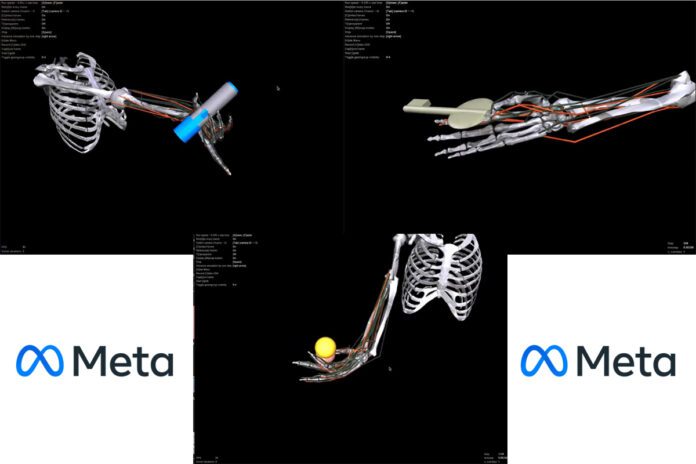Since its change to Meta, Mark Zuckerberg’s company has been radical in the direction it has given to its operations, getting involved in ambitious projects focused on different sectors.
In recent months, the artificial intelligence division of this company has been working on the development of solutions to enhance the sustainability of concrete production, as well as optimizing machine translation.
However, the focus of attention that brings us to this post has been placed on a project carried out by one of Meta’s artificial intelligence teams.
Is about Myo Suitea platform equipped with the capacity to fabricate realistic musculoskeletal simulations at a speed that exceeds up to 4 thousand times the manufacturing process of state-of-the-art prostheses.
According to Mark Zuckerberg, general director of Meta, once the models are finished, they can be subjected to training so that they are capable of carrying out movements that largely replicate the mobility of their human counterparts.
At the moment the use of MyoSuite has been contemplated from two different angles. The first involves the metaverse approach in which Meta sees the possibility of taking advantage of the capabilities presented by this platform for the avatar development that have a higher degree of realism and that can be used in applications such as Horizon Worlds.
The other scenario comes from the field of medicinewhere MyoSuite would be used for the development of new prostheses to which, also adding to this the creation of new techniques to be implemented in the area of surgery and rehabilitation.
It is this instance that has driven Meta to expand the potential of MyoSuite. It is worth mentioning that Meta is not the first company to take advantage of AI for the manufacture of prostheses, since in 2019 there was already a group of independent researchers who created an automatic learning system with which they were able to calibrate a robotic knee to a patient quickly.














